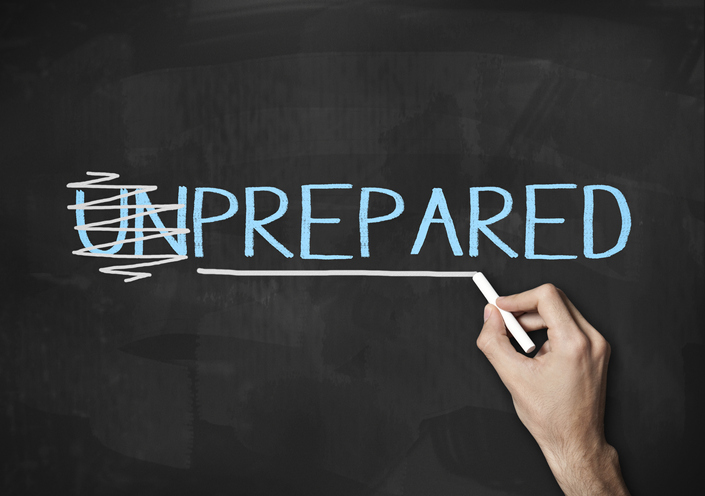Wise organizations keep a crisis communications plan at the ready and update it regularly because failing to plan is planning to fail.
That famous quote, often attributed to Benjamin Franklin with a similar iteration from Winston Churchill, certainly rings true in today’s lightning-fast world. Whether it’s financial mismanagement, sexual misconduct, an explosion or fire, employee bad behavior, a product recall, a terrorist attack, or some other crisis, one thing is for sure: someone will expose the wrongdoing, it will spread quickly on social media, and news organizations will ask questions.
So how to prepare?
Develop a crisis communications strategy that anticipates every eventuality as much as possible and update it regularly. Designate a spokesperson, establish timing for updates and communication, list media dos and don’ts, outline a chain of command, and define processes and procedures. Review the plan regularly because corporate culture changes as does the world view and current affairs.
It is far better to develop an advance plan instead of reacting during a stressful situation. Even if you end up deviating from the plan, it’s wise to have thoughtfully considered each “what if,” fully understanding it’s impossible to predict every scenario.
For example, who would have thought that Proctor & Gamble would have to respond to the crazy teenage Tide Pod social media challenge of eating laundry detergent pods. Or that Chipotle’s E. Coli outbreak would result in a CDC investigation, diminished trust, and reduced profits for nearly a year. Or Johnson & Johnson’s famous Tylenol incident in the 1980s resulted in a massive recall; that crisis response is still categorically hailed as a textbook win for its speed, transparency, and integrity.
Speed
The value of a quick response cannot be understated. By getting out in front of the news and acknowledging it, you show you’re not tone deaf, as some critics have noted about Norfolk Southern’s response to the February 2023 train derailment in East Palestine, Ohio. Awareness should be stated with something simple and direct like: “we are aware of the situation; as soon as we gather the facts, we’ll make a statement.” Then be sure to come back as quickly as possible and make that statement.
If crisis planning has been done well, you should have proper mechanisms in place to respond appropriately and quickly in terms of having a spokesperson, systems ready for a product recall or other action, and lists of the appropriate executives and board members to inform so everyone speaks with one unified voice.
Transparency
By speaking with one voice and having a single message, your organization will project authority, competence, professionalism, and capability. Gatekeepers – the people on the front lines…receptionists, clerks, customer service agents – should be trained in how to properly respond to requests for information.
A good crisis communication plan will have phone logs (or some system) at the ready with blank spaces for name, numbers, deadlines, preferred contact method, and details of the specific request so thorough information is gathered. Does Jane Doe, ABC reporter, want an on-camera interview or simply a phone statement? Does John Q. Public, reporter for NPR, want to come on-site to see for himself the fire damage?
Remember, it’s absolutely acceptable to say: “we don’t yet know the answer, but we expect to get back to you in 60 minutes.” And then make sure that within that hour you do further respond, even if it’s just to say: “we’re still working on finding those answers.”
Integrity
Along with the transparency a unified message delivers and the speed with which you acknowledge a crisis, responding with integrity is of utmost value. Statements may include:
- Our hearts are breaking for our employees and their families right now.
- We are disturbed by these allegations and are working hard to learn how this happened.
- What’s important now is that we respond as a corporate family and stay strong together.
- We are saddened by this senseless act and our thoughts are with those affected by this tragedy.
Be human. Be caring. Be authentic.
Then follow through on your word and the promises you make. And be sure to pull that crisis communication plan out of the drawer regularly, review it and make appropriate updates, factoring in any corporate culture modifications and the changing world landscape.
